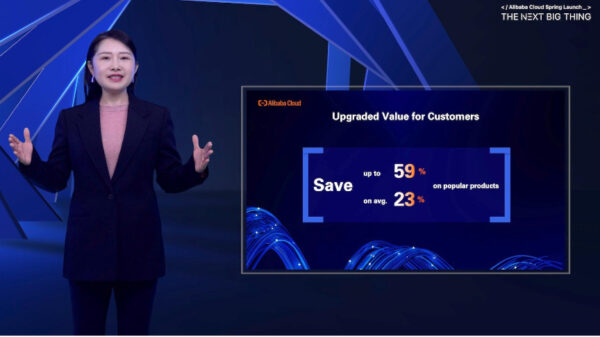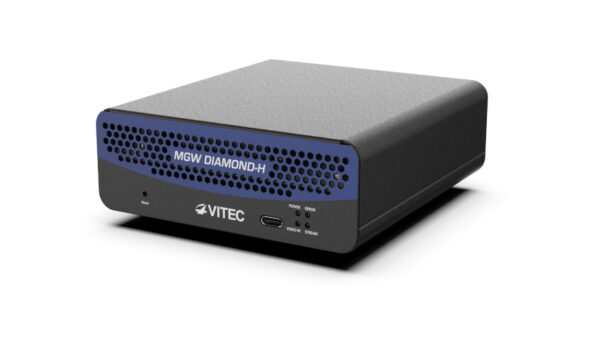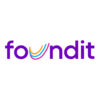For a long time, companies hired candidates primarily based on what they studied in school, where they worked previously, or the years of experience they have. In recent years, however, this has started to change, driven by the fast pace of technological innovations and accelerated rate change in the skills required for the same job.
In the Philippines, LinkedIn data shows that skills to do any particular job have changed by 31% on average since 2015 and could go up by 48% in 2025. LinkedIn’s latest Future of Recruiting report reveals that a growing number of companies today are taking a skills-based approach to talent to stay competitive in a tight labor market.
Notable trends from the report include:
- Finding candidates with the desired skills is cited as a significant challenge by more than half (56%) of recruiting professionals globally and 55% in Southeast Asia (SEA).
- Globally, an overwhelming majority of recruiting professionals predict that skills-based hiring (75%) will be a priority over the next 18 months, and upskilling and reskilling their employees (81%) will be an important factor that will shape the future of recruiting over the next 5 years. In SEA, even more recruiters are prioritizing skills-based hiring (89%) and upskilling and reskilling their employees (87%) .
- Globally, recruiters today are 25% more likely to search for candidates based on skills than they were just three years ago, and more than 50% of recruiters are more likely to search for skills than by years of experience.
- A skills-first approach to hiring will help expand the talent pool for companies globally by 9.4x, and help them meet their skill needs.
- For candidates, learning opportunities have become a key driver when considering job offers. In SEA, ‘opportunities to learn new skills’, ‘advancement opportunities’ and ‘career growth’ are within the top five priorities for candidates.
- It’s not just hard skills that are important. The top soft skills sought by recruiters in SEA markets include communication, relationship-building, adaptability, business acumen, and problem-solving.
More insights that can help companies navigate the rapidly-changing future of work can be found in the full Global report here and SEA report here.










































































































